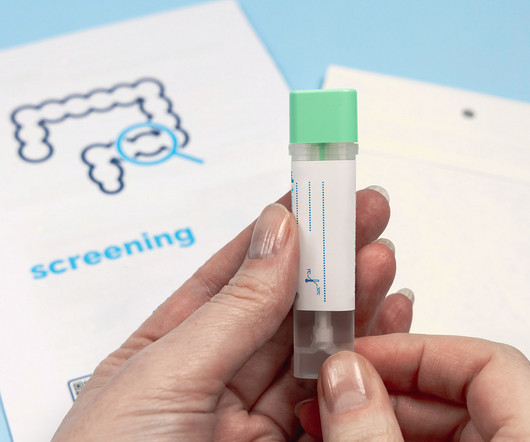Artificial Intelligence in Health Care
Integrated Care News by CFHA
MAY 1, 2025
Traylor and colleagues (2025) show that generative‑AI tools can boost health literacy by translating medical jargon into plain language. Reclaiming Time and Attention Primary care professionals may log more than eleven hours a day, over half of it in the electronic health record (Menchaca, 2025). References Menchaca, J.



















Let's personalize your content